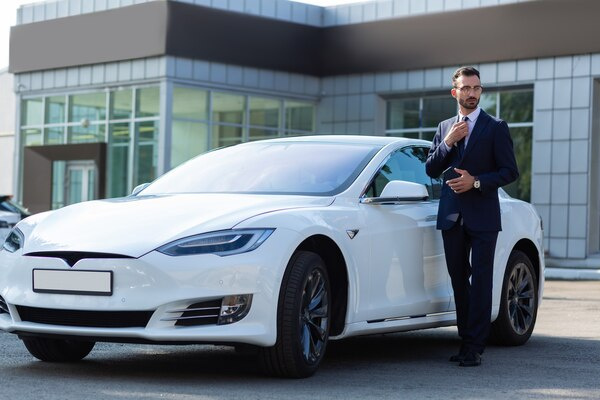Sustainability in the Automotive Industry

The automotive industry is undergoing a significant transformation, driven by the urgent need to address environmental concerns, changing consumer preferences, and advances in technology. Central to this revolution is the development of energetic engines—innovative powertrains that not only boost vehicle performance but also enhance sustainability.
At the forefront of this change is the transition from traditional internal combustion engines to electric and hybrid powertrains. Electric vehicles (EVs) are powered by high-capacity batteries and electric motors, producing zero tailpipe emissions and significantly reducing the carbon footprint. As battery technology improves, with greater energy density and faster charging capabilities, EVs are becoming more accessible and practical for everyday use.
Hybrid vehicles bridge the gap between petrol engines and full electric systems with configurations that combine internal combustion engines and electric motors. These systems can switch seamlessly between power sources, using the engine for long-distance driving and the electric motor for city commutes. This dual capability not only improves fuel efficiency but also reduces emissions, making hybrids a popular choice during this transitional phase of the automotive revolution.
The development of hydrogen fuel cell vehicles presents another exciting opportunity. These vehicles use hydrogen to produce electricity, with water vapor as the only emissions. The main challenge hindering widespread adoption is the creation of hydrogen refueling infrastructure; however, progress in this area is improving, particularly in countries investing heavily in sustainable transport solutions.
Advancements in engine design and materials are also transforming traditional vehicles. Lightweight materials, such as carbon-fiber and advanced alloys, improve fuel efficiency by reducing vehicle weight. At the same time, innovations in turbocharging, direct fuel injection, and engine management systems enhance power output and consumption efficiency of combustion engines.
Furthermore, alternative fuels, such as biofuels and synthetic fuels, are gaining attention as potential substitutes for conventional gasoline and diesel. These sustainable fuels are developed from renewable resources, offering lower environmental impacts without requiring significant modifications to existing engines.
As the automotive industry progresses, energy efficiency extends beyond the engines themselves. The integration of smart technology, such as energy recovery systems and regenerative braking, helps to maximize the use of energy within a vehicle. These systems capture and store energy that would otherwise be lost during braking or deceleration and use it to recharge batteries or assist in acceleration, thus contributing to overall energy savings.
Consumer preferences are also driving this shift towards more energetic and sustainable engines. Today’s buyers are more conscious of their ecological footprint and are increasingly choosing vehicles that align with their environmental and ethical values. This change in behavior is further supported by government incentives and regulations aimed at reducing carbon emissions and promoting cleaner transportation options.
The move toward energetic engines is not without challenges, however. The automotive industry must overcome hurdles such as infrastructure development, market acceptance, and the sourcing of sustainable materials. Nevertheless, the pace of innovation combined with political will and societal demand suggests that these obstacles can be addressed effectively.
In conclusion, energetic engines are spearheading a new era in the automotive industry, characterized by enhanced performance and sustainability. Whether through electrification, alternative fuels, or advanced engine technologies, the vehicles of tomorrow promise to be cleaner, more efficient, and smarter than ever before. As the revolution gains momentum, it will undoubtedly redefine our relationship with cars and transportation as a whole, paving the way for a more sustainable future.